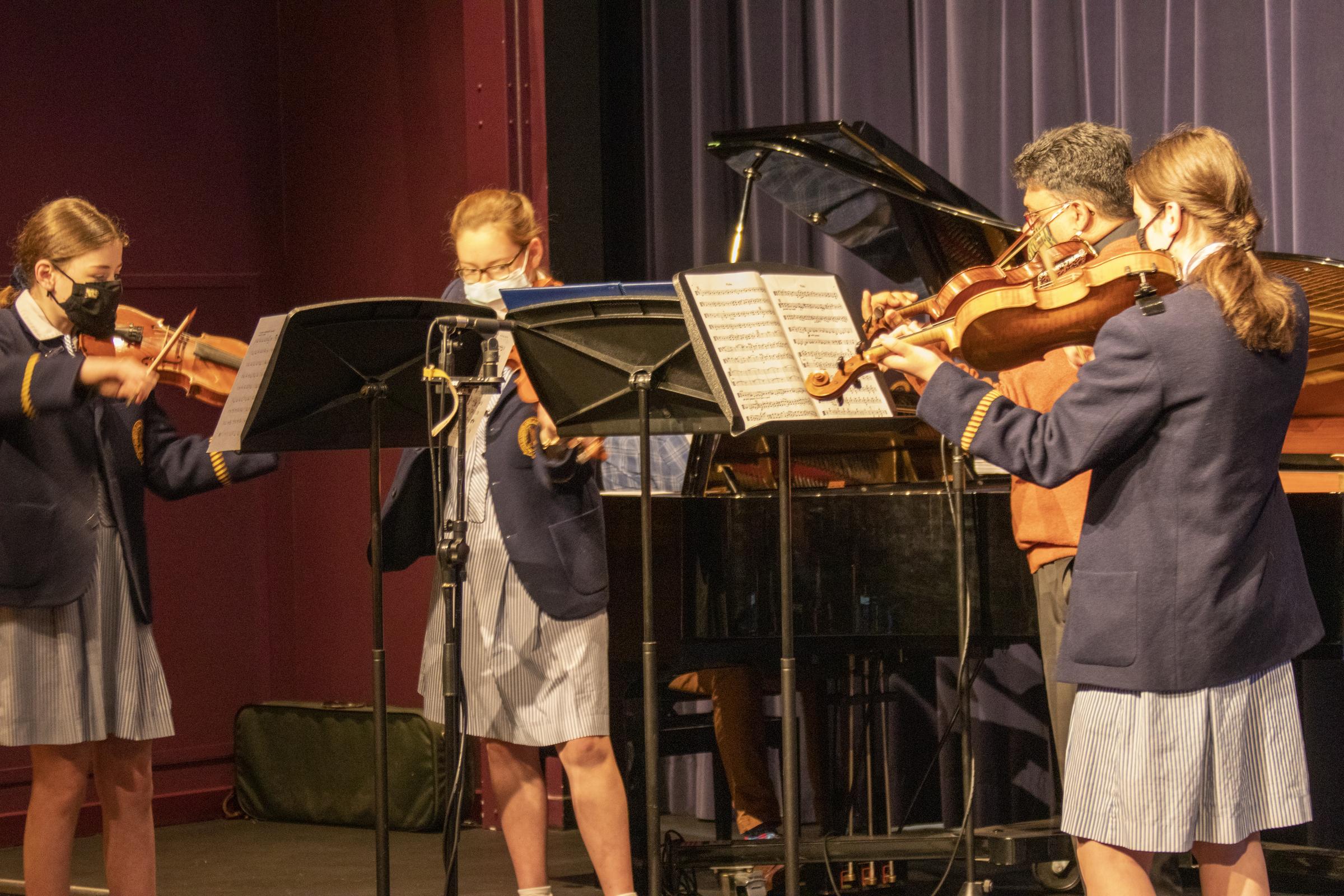Middle Years
Developing your Executive Function and Self-Regulation Skills

Middle Years
Developing your Executive Function and Self-Regulation Skills
With exams on the horizon, it is time to start getting organised.
How good is your self-regulation? Are you organised? Can you follow instructions and complete tasks?
The first two tasks are buy a revision book and get your notes organised.
I often reflect on the need for our Middle Years students to develop their executive function and self-regulation skills. These skills are crucial for learning and functioning well in adult life. Teachers and mentors are continuously working with students to develop greater efficacy of these two vital areas, and families can help students develop their executive function and self-regulation skills.
What do we mean by Executive Function?
This refers to a student’s ability;
As young people mature their brain needs to develop the skills to.
Executive function and self-regulation skills depend on three types of brain function: working memory, mental flexibility, and self-control. These functions are interrelated, and they need to operate in coordination with each other. Executive function skill draws on these elements.
On reflection, being back face to face in the classroom highlights the need for many younger students to think before acting and to think before talking.
Mrs Julia Winter Cooke
Head of Middle Years